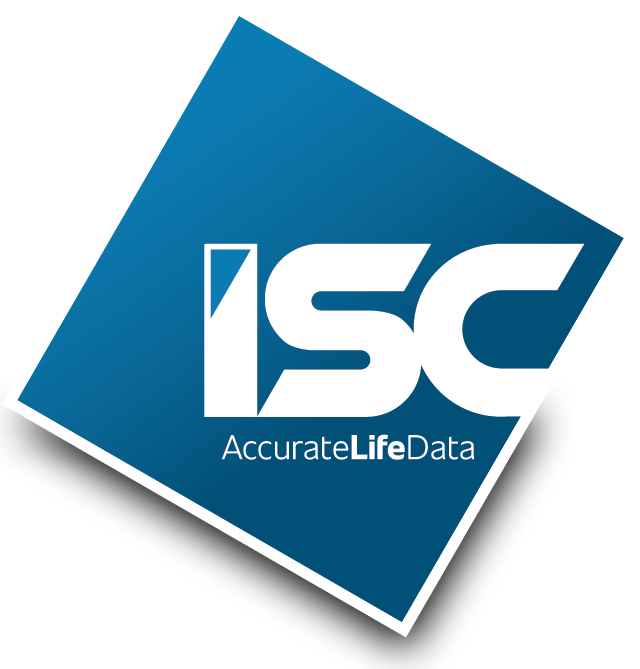In today’s world, the word “data” is used pervasively in nearly every industry. Most people using or hearing this term don’t think much about what it actually means, but in the life insurance world, there is a critical difference between “data” and “information.” Data alone can have very little practical value in and of itself. However, what can be derived from the proper use of data, is “information,” which can be very useful. Similarly, the terms “information” and “knowledge” are often used interchangeably. However, here an important distinction can be drawn between how information is interpreted and how it is used to create true knowledge. With real knowledge based on supportable information derived from data, businesses can take action with confidence. Translating data into action requires a series of steps ISC Services refers to as DIKA: Data, Information, Knowledge, Action.
Data to Information
The starting point is a source of raw data, often in the form of what is commonly referred to as a “data dump.” When initially examined, data in its raw form is hard to make sense of. To start to understand what data means, you must first turn it into information. Converting data to information requires sorting through the data to ascertain what is relevant, accurate, and meaningful and then employ tools to analyze the subset of data from which you intend to develop useful information. Transforming data to information occurs when you take the data you have and analyze it, combine it with other data, compare it to trends over time, assess outliers and anomalies in the data, and apply your own experience and knowledge to the analyses you perform.
Information to Knowledge
Information is ideas, facts, statistics, and concepts based on accurate data or other information. Information is neither an opinion nor is it subject to interpretation. What is knowledge? Knowledge is the comprehension of the information that is derived during the processes of learning and understanding its meaning and significance. When comprehension occurs, information is assimilated and becomes part of the user’s understanding. For example, if the information were jigsaw puzzle pieces, knowledge would be the completed puzzle. To turn information into knowledge, someone must first comprehend the information before them, and to do that takes education, training, experience, and acumen.
Knowledge to Action
Now that information is fully understood, it can be transformed into action. In business, knowledge is relatively useless until it leads to action. Just as you know, if you exercise regularly and eat a well-balanced diet, you will be healthier, but knowing this and doing it are very different things. Knowing alone is not much use unless it is partnered with the commitment and accountability required to complete an action. Turning knowledge into action is what businesses do.
Taking action based on newly obtained knowledge looks different from business to business. For those in the life settlement industry, it may look like the purchasing of policies based on consistent, thoughtful life expectancy reports which drive the value of consumers’ unwanted or unneeded life insurance policies.
ISC Services Takes Action
ISC is in the business of producing knowledge that enables action. Our highly trained and experienced underwriting staff takes each insured’s individual health record and lifestyle data, then transforms it into information by sorting and analyzing what is important, accurate, and meaningful. Then, this information is transformed into knowledge by our underwriters, who put all the pieces together in context and put it into action by creating a useful life expectancy assessment. If your business can benefit from individualized life expectancy assessments based on ISC’s DIKA approach, contact ISC Services today.




